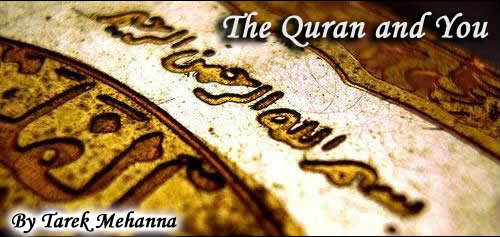Read below indeed the reality taken from various individual sources personally from our Muslim Aseer/Prisoners, for what they go through at the hands of the Kuffaar and even in the hands of the oppressors in
our so-called Muslim lands, then ask yourself should you not raise your hands in Dua'a for them rather than yourself?!?
-Detainees are isolated in solitary confinement for years.
-Detainees are hanged from their hands, sleep deprived and beaten.
-Detainees are tortured into writing false confessions.
-The detainees say, “we’re tortured to the point that we think we’re going to die.”
-Beards are shaved.
-Detainees are smacked on the face over 50 times in a single minute till their noses bleed.
-Feet and legs are beaten with a hosepipe till it gets swollen and they cannot walk on it.
-Electrocuted.
-Hair and beard are plucked.
-Detainee are dragged and lifted from the ground by their beard.
-Opening up the bathroom door on a detainees and dragging them out while still naked to beat them all over their bodies.
-Detainee is prohibited from bathing, making Wudhu, Ghusl and Praying.
-Delaying the detainee's prayer, by preventing him from making Wudhu till he’s forced to pray without it.
-Prohibiting the detainee from making Athaan.
-Prohibiting the detainee from the washroom until he suffers from sever
pains, and makes his business inside his cell, which is not cleaned
till several days later.
-Some of them says, “the pain would cut through me, and i’d scream out of pain, but to no avail.”






